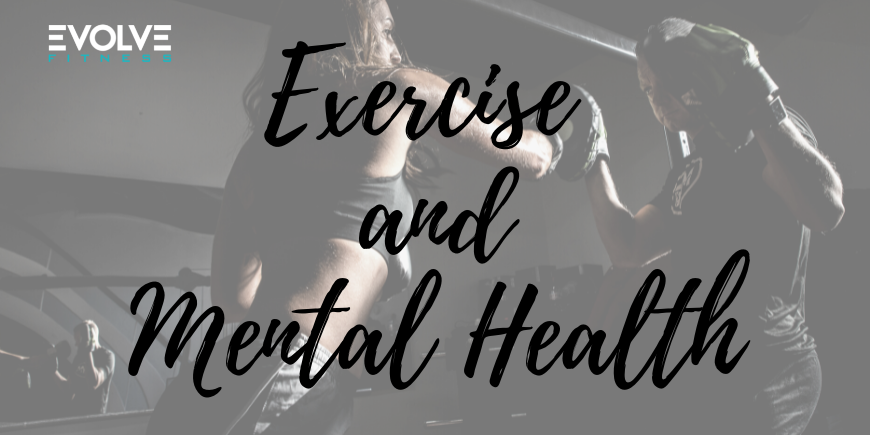Exercise is often referred to as a “drug” for all the many benefits it provides your body both internally and externally. The impact on your mental health is often overlooked, but mental health is largely improved like physical health is, during and outside of exercising. Fitness can provide these benefits naturally, these effects that physical exercise creates are what scientists have been trying to develop for decades. Most people exercise because of how it makes them look, but they don’t realize how well exercising makes them feel on the inside.
Mental health is drastically improved from exercise, even small amounts of exercise each day will vastly improve your mental health. Physical activity will not bring on negative side effects either that some medications may develop.
Scientists have studied that exercise can treat mild to moderate depression equivalent or more than antidepressants. Harvard’s Public Health School did a recent study over exercise in relation to depression. They found that walking or running for only 15 minutes a day, reduces the risk of depression by 26%. Exercising develops a “mood- enhancement effect” that will trigger after only a few minutes after moving your body. Some doctors are now recommending exercise as part of patients’ treatment plans for their depression.
Another positive side effect that sometimes may go unnoticed is the stress relief that exercise brings. When stressed, muscles in the body tense up which causes discomfort. This may lead to more stress, physical activity will combat this pain by releasing endorphins in the brain. Exercising relieves the tension in the body, quickly relieving pain and stress. Along with endorphin production, physical activity also develops new brain cells. These endorphins also sharpen your memory and thinking processes as well.
Other smaller mental benefits that exercise does is that it boosts your self esteem by quite a bit. Focusing on yourself for fifteen minutes to an hour a day builds a sense of achievement and makes a person feel better about themselves. Working out regulates sleeping patterns which in turn, boosts a person’s energy. Activities such as yoga and stretching promote sleep at night too which benefits sleep patterns.
In conclusion, exercise does more for your body than you think. External benefits can be seen visually and people can understand their own mental growth and develop from exercising. Next time you go to the gym, think about how it is benefiting your body as a whole versus only what is seen on the outside.
Sources: Help Guide & APA

